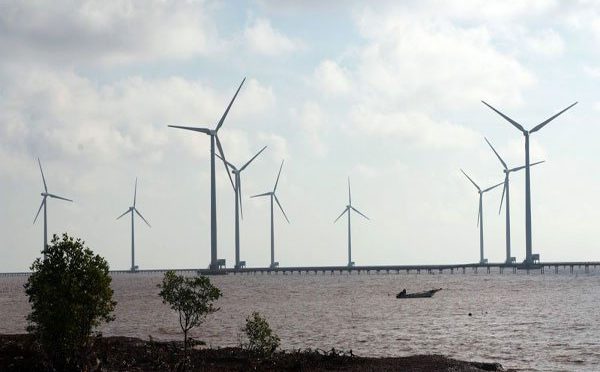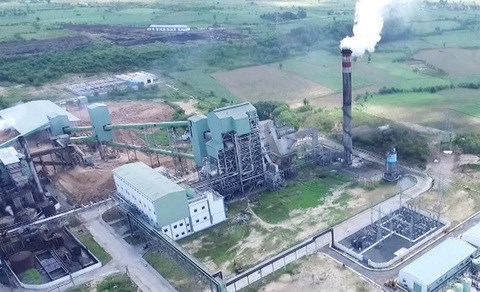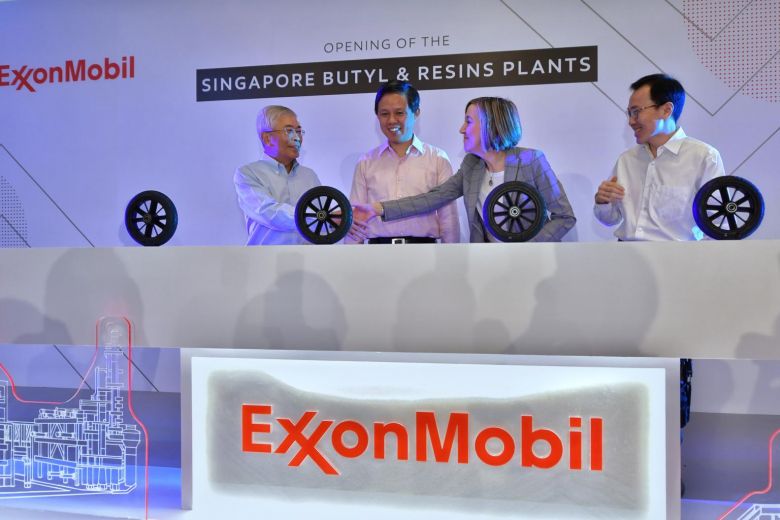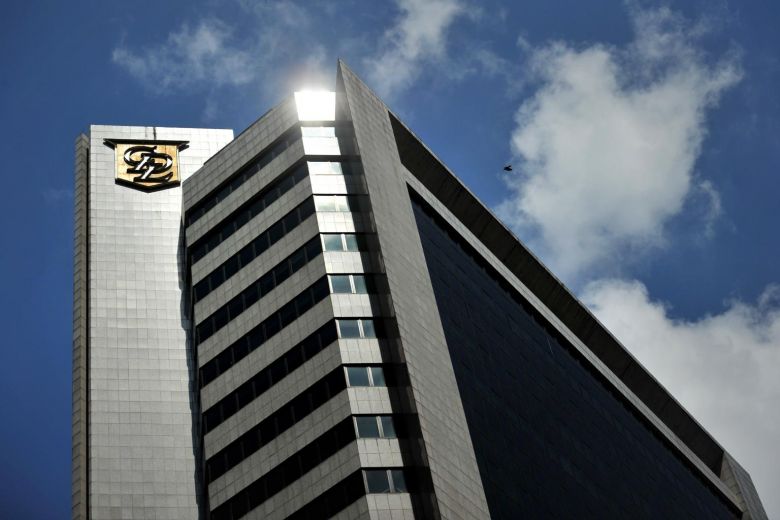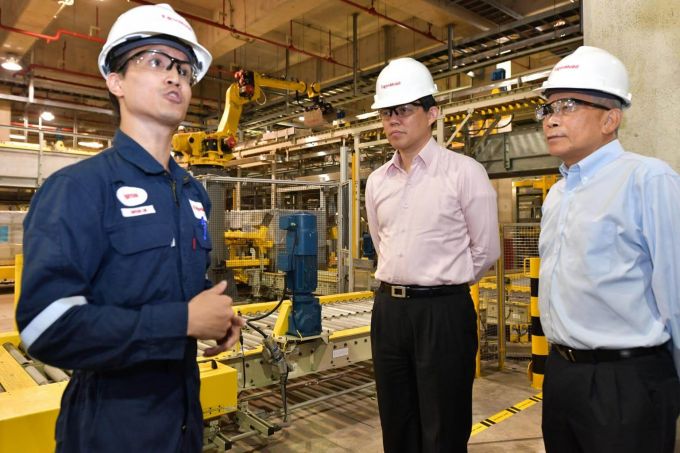Vietnam could meet its long-term energy demands by adding renewable energy sources and cutting-edge battery storage technologies to its arsenal of solutions, experts said at a two-day international conference on renewable energy that ended on April 4 in HCM City.
Speaking on the sidelines of the conference, Nguyen Tam Tien, CEO of Trung Nam Group, said that renewable energy generation has already significantly increased. “Renewable energy, especially solar and wind power, will be the future of Vietnam’s long-term energy strategy,” he said.
Mai Van Trung, business development director at SolarBK, said the country has favourable conditions to develop solar energy and that commercial and industrial solar PV rooftop applications have great development potential.
Rooftop solar panels have also become more affordable for homeowners and communities, he said.
Samresh Kumar, managing director of Principal Investment at VinaCapital, said solar rooftop power presents an effective solution which provides a commercially viable option, especially for the commercial and industrial segments.
Solar power leverages existing infrastructure and monetises idle assets without requiring additional land, and it is also efficient because power is produced only where it is needed and thus frees up the grid, he noted.
John Rockhold, head of the Power and Energy Sub-working Group under the Vietnam Business Forum, said rooftop solar panels must be encouraged to reduce pressure on the national grid, while modest annual price increases and a road map for efficiency energy are badly needed.
Huge investment
Vietnam has a great opportunity to reach its energy security goals by attracting local and foreign investment, according to Rockhold.
New technologies are creating opportunity for the renewable energy sector, he said, adding that such technologies could help lower the cost of equipment for solar and wind energy.
Vietnam will require around 10 billion USD annually between now and 2030 to meet the growing demand of the energy sector, experts said.
With such high capital requirements, the government has allowed 100 percent foreign ownership of Vietnamese companies in the energy sector.
Foreign investors can choose among permitted investment forms such as 100 percent foreign-invested company, joint ventures or public-private partnership (PPP).
FDI and domestic investment from the private sector could include investment in batteries and other storage methods, which would help stabilise supply and extend the availability of solar and wind power sources.
By storing renewable energy and keeping supply high, prices for solar and wind power could be lowered.
With low feed-in-tariffs (FiT) and high production costs, PPPs are the most effective means of entering the market to minimise risks. The PPP term is usually 20 years from the commercial operation date.
Government efforts
With 66 percent of rural inhabitants, Vietnam is scaling up its efforts to bring electricity to the entire population, whether on or off-grid, increasing electrification rates and preparing the country for growth.
Vietnam is one of the most efficient power markets in Southeast Asia, driven by low-cost resources such as hydro and coal. The country has achieved around 99 percent electrification with relatively low cost in comparison to neighbouring countries.
With electricity demand projected to increase by eight per cent annually until 2025, Vietnam aims to develop renewable energy sources to ensure energy security and address growing power demand.
Hydropower currently holds the largest share among all renewable energy sources, followed by biomass and wind. Solar energy, biogas, and waste-to-energy technologies are picking up slowly while geothermal energy and tidal energy are at a very early stage.
Renewables could become Vietnam’s lowest-cost option to meet its energy needs.
In recent years the Government has developed initiatives to boost renewable energy, especially solar and wind power. Tax incentives include preferential corporate income tax rate of 10 percent for 15 years, corporate income tax exemption for four years, and a reduction of 50 percent for the following nine years.
Other incentives include preferential credit loans, land use tax exemption, and land rental exemption.
To ensure consistent returns for investors, the government has also approved electricity prices for on-grid renewable energy, including standardised power purchase contracts (20 years) for each renewable power type.
EVN, the sole buyer of electricity in Vietnam, has also been mandated to prioritise renewable energy in grid connection, dispatch, and purchasing electricity at approved tariffs.
From now until 2030, Vietnam’s economy is forecast to grow at a high rate of between 6.5 and 7.5 percent per year.
The conference was held during the two-day Solar Show Vietnam 2019, Power & Electricity Show Vietnam, Energy Storage Show Vietnam, and Wind Show Vietnam, which attracted hundreds of policymakers, regulators, investors and financiers from Vietnam, Asia-Pacific region and beyond.
The trade shows were also attended by power producers, project developers, renewable energy vendors, and business owners and land developers.-VNS/VNA


